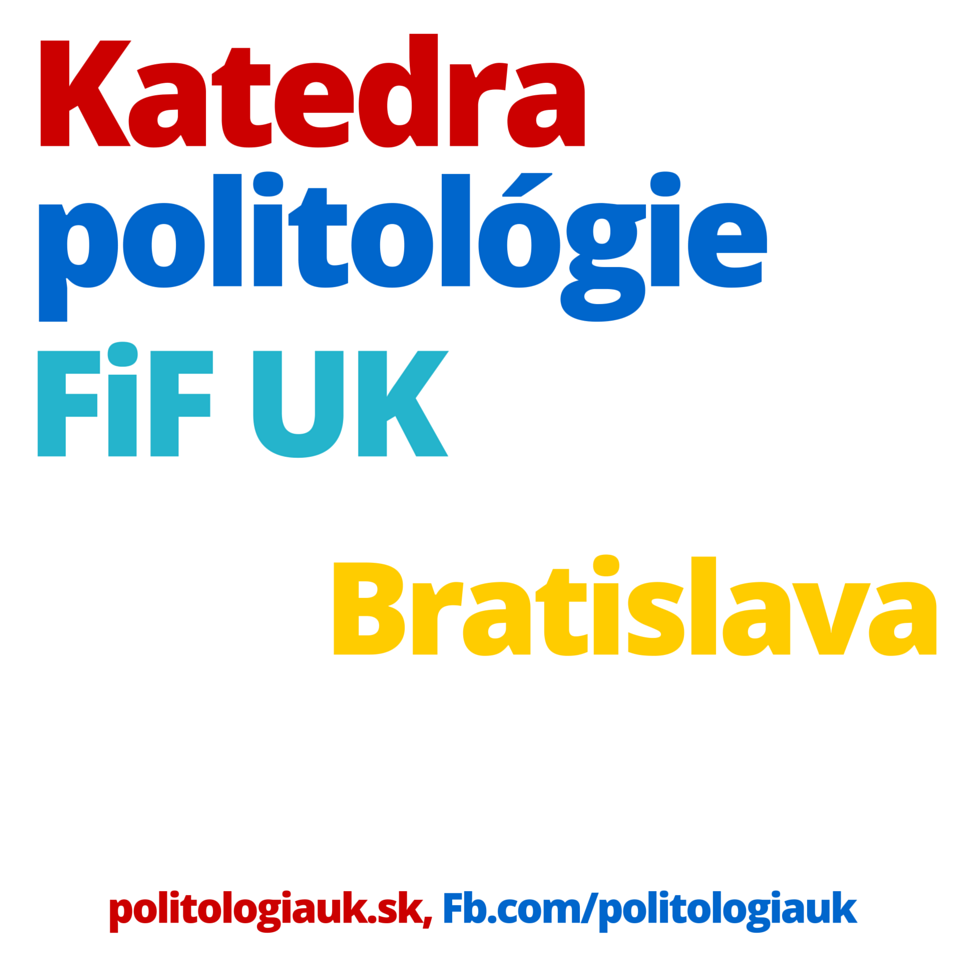In the first article, Martin Kovanič is dealing with the issue of post-war transitional justice in former Czechoslovakia. He compares two trials - The Trial of the Protectorate Government and The Trial of the Slovak State President Tiso - and analyses the process of transitional justice, which was governed by two different legislative norms. Despite this fact, crimes identified by extraordinary courts and the setup of these courts themselves were very similar in both cases. As the author finds out, these trials became a part of power struggles between the Communist Party and the democratic opposition. Eventually, he concludes these trials were a crucial part of the official process of delegitimization of the old non-democratic regimes and that politicization of the process was connected with a complete defeat of the perpetrator regimes.
In the second paper, Kateryna Yakovenko deals with the question of conditionality and recent development in Ukraine. Her study analyses the first official agreement between European Union and Ukraine in terms of support for democracy and development. She focuses on the EU as an active actor in promoting democracy in Ukraine within the framework of the Partnership and Cooperation Agreement (PCA) between the Communities (and their Member States) and Ukraine, signed in 1994. Her analysis concludes that the so much “advertised” policy of democracy promotion in Ukraine during the validity of the PCA was, in fact, built out of two general clauses - without any plan, time-table or at least some working framework, which resulted into the ineffectiveness of this policy.
In the third paper, Mária Gajarská Kučerová is focusing on the role of NGOs in the conflict resolutions. By analysing the case of Acholi Religious Leaders’ Peace Initiative, she aims to revisit the usage of a concept “track 1 and ½ diplomacy”. She analyses role of this initiative in the Uganda conflict, which started in the late 80’s. Using the forementioned case, she concludes that due to the latest development and examples from Sub-Saharan Africa, this concept needs to be reconsidered or possibly even reconceptualised as the local NGOs seem to be able to serve as successful leaders in mediation process as well.
In the fourth paper, Katarína Pevná discusses a question of the substantive women’s representation in Arab countries, where the political representation of women lacks behind other regions in the world. She analyses the role of women in the decision-making process in Morocco and discusses the discrepancy between formal push for promotion of women’s rights, such as quotas for representation in the parliament, and the actual substantive representation of women's interests. She concludes that increased number of women in the Moroccan parliament was not connected with a push for more liberal policies by the women themselves, as the ideological background of their political parties seems to play a leading role in their legislative behavior.

